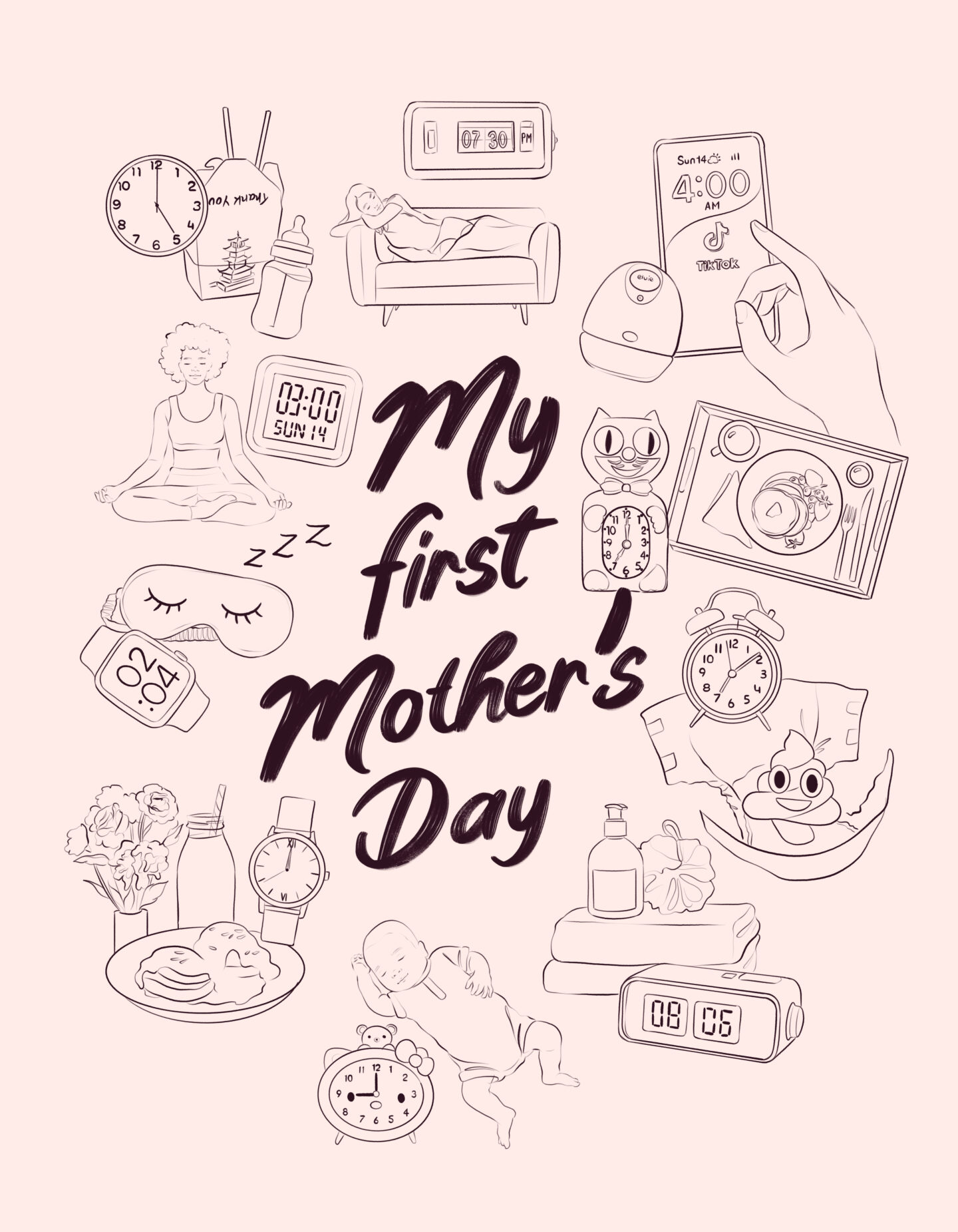Introducing “Over the Influence” – a compelling manifesto by communication professor and CNN Opinion contributor Kara Alaimo. This essential book serves as a rallying cry for women, urging them to acknowledge and resist how social media is weaponized against them while harnessing its potential to empower. Alaimo delves into the pervasive impact of social media on women and girls, illuminating its effects on relationships, parenting, and overall well-being. From the manipulation of online content to the prevalence of fake news targeting women’s vulnerabilities, “Over the Influence” confronts the harsh realities of navigating the digital landscape. Yet, amidst these challenges, Alaimo offers invaluable insights and practical advice on navigating social media’s complexities. She provides strategies for empowering daughters, leveraging dating apps, advancing careers, and safeguarding against online threats like sextortionists, catfishers, and trolls. Moreover, the book calls upon women to challenge sexism and misogyny online, reject misinformation, and utilize their platforms to uplift themselves and others. With a blend of astute analysis and actionable guidance, “Over the Influence” empowers women to reclaim control of their digital narratives and foster a more inclusive and empowering online environment.
Here, we speak with the author.
“In ‘Over the Influence,’ you discuss the dual nature of social media as both empowering and exploitative for women. How can mothers navigate this landscape to foster empowerment and resilience in their daughters?”
In the first chapter of my book, “Girl Meets Instagram,” I tell the story of a woman who says she got her eating disorder on Instagram as a teenager. It’s clear that social networks can feed our daughters very toxic, potentially even deadly, content. But, at the same time, social apps can be places where kids get involved in important causes or develop interests that launch their careers. So I think it’s unfortunately on us as parents to help our daughters get their social media use right.
I think it’s critical for us to remind our daughters that a lot of the content they see on social networks is heavily filtered and doesn’t represent most people’s actual bodies or lives. As I write in my book, the so-called Instagram body can usually only be achieved through surgery. It’s also essential to talk about why we shouldn’t judge anyone for their appearances.
To help kids use social media as a tool for empowerment, I suggest sitting down with them and searching for and viewing content about their hobbies and interests – whether it’s an extracurricular activity they’re involved in or an issue like climate change that they care about. Watch it together and encourage your kids to follow the accounts that produce this kind of content. What’s even better is that when kids consume, follow or search for particular topics, that sends a signal to social networks’ algorithms, which are programmed to then serve them more similar content in the future.
Considering the pervasive influence of social media on young minds, what strategies do you recommend for parents to help manage their children’s engagement with these platforms?
In addition to helping kids find valuable communities and content and process the posts they see in healthy ways, it’s important to balance their screen time with offline activities. A lot of parents have strict rules for their kids’ in-person gatherings with friends because they worry about their safety. But if your kid is instead home scrolling on TikTok or Instagram, they could end up having experiences that are even more dangerous. Getting kids involved in healthy extracurricular activities will naturally reduce the amount of time they have to spend on social media.
I also recommend setting the rules for using social media together with your children. For example, they might use their phones after they finish their homework and you might all agree to put them away at the dinner table. But, as I say in my book, exceptions will probably be called for – like if they need to do online research for an assignment or if you’re waiting for news on how a sick family member is doing. Your kids will probably have some smart, reasonable ideas for how to strike the right balance. And, of course, I offer more very specific tips in my book.
Your book offers advice on protecting oneself from online dangers like trolls. Could you share some insights on how parents can educate and safeguard their children from these threats?
First, we have to talk to our kids about why they should never sext: They could actually be prosecuted for producing child pornography (of themselves). But we also have to educate them about sextortionists. These are people who will try convince them to share a racy image (often by forming some kind of emotional relationship with them online) and then once they have the picture the person will threaten to make it public unless your kid sends them money or more explicit content – or both. This is another reason they should never produce or share intimate images.
Of course, a lot of kids comply with requests for these kinds of images not because they really want to share them but because they’re hungry for attention or romantic relationships and, as adolescents, they’re especially insecure. It was heartbreaking to hear one woman who I interviewed for my book tell me that she wished she’d known as a teenager that she could have just told guys who asked her for sexts to get lost. So we need to teach our kids to say no anytime something makes them uncomfortable.
We also need to teach our kids not to engage with trolls. When people post hateful content it can be tempting for us to fire back, but that only boosts the engagement of the post, which is a signal to social networks’ algorithms that people want to see more of it. It’s better to report posts that violate a social network’s community standards directly to the platform and then do one of the most devastating things possible to the abuser: Simply ignore them. In my book, I also talk about how we can rally around people who are targeted by trolls by posting positive things about them.
You advocate for demanding more from lawmakers and tech companies to protect users, particularly women and girls. What changes would you like to see implemented, and how can parents and caregivers lend their voices to this cause?
It’s essential for Congress to pass the SHIELD Act, which would make it a crime for people to share intimate images of a person without their consent. As I write in my book, when nude images of a woman or girl circulate online, it can be life-destroying. It puts her at greater risk of depression, suicide and sexual assault and makes it harder for her to get jobs or to date.
I’d also like to see tech companies indicate when photos or images have been manipulated. That would serve as a powerful reminder to our kids that the images they’re seeing online so often aren’t real – and therefore aren’t what they should be measuring themselves against.
One way we can advocate for these things is, of course, by using our social platforms to call on lawmakers and tech companies to make these needed changes. One of the big messages of my book is that if we all radically changed who we follow and what we share online and focus on issues that matter to us rather than the latest memes, we could make both social networks and the offline world a far healthier, happier, safer place for ourselves and our children.
You can purchase “Over the Influence” today at penguinrandomhouse.com.




